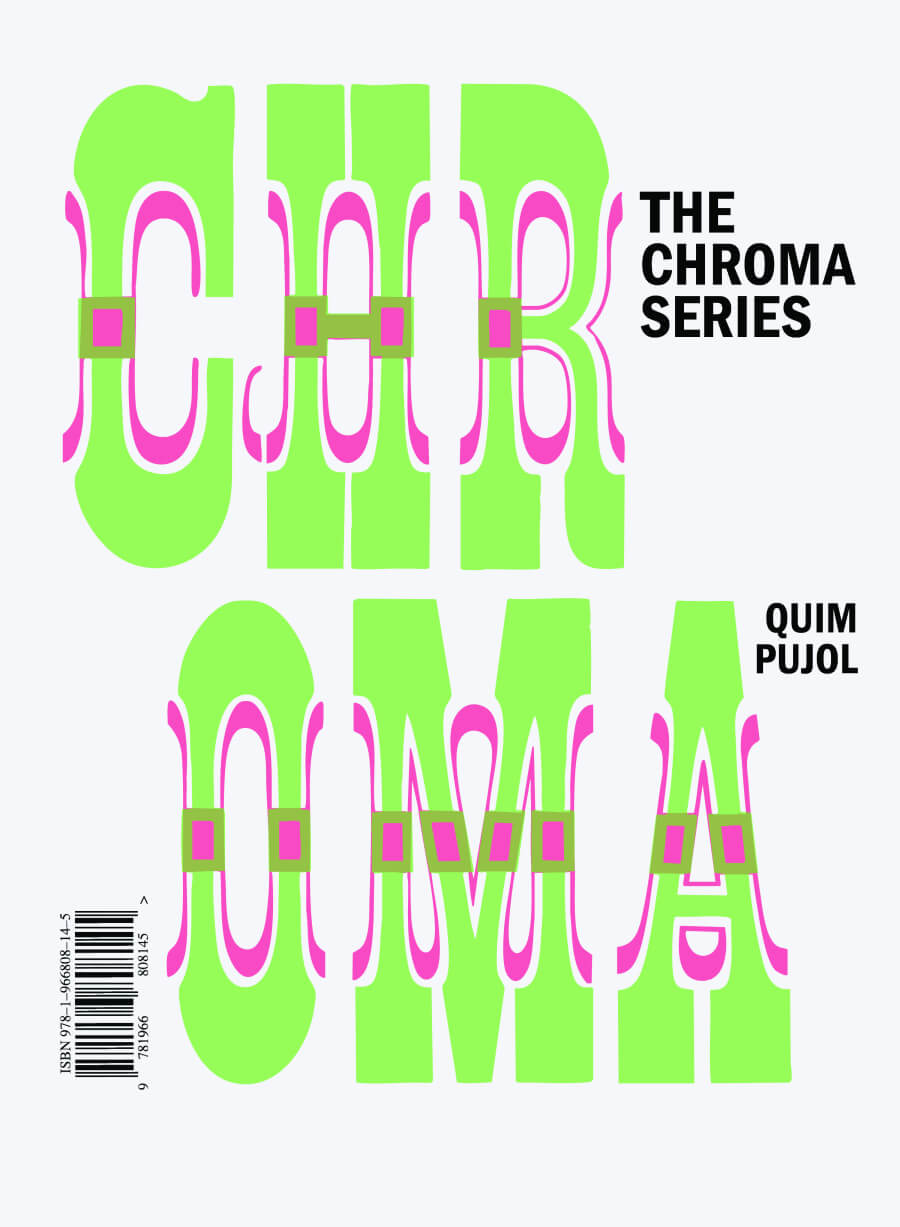
Simmering of a declarative void
"This is a book of poetry that looks, really looks, at malign societal shapes and holds its stare. In the rhythmic scenes that are drawn like grotesques, we see the glistening, puke redolent props of normal life and its ‘bee-white’ regresses; we see an immersive performance art piece featuring a live job interview; the historical transfigurations of a bridge; we see MINT. CATS…Like all good, quick wit the ‘whatness’ of before and after spit back at each other. Thank goodness for this radical poetic satire, with line-breaks that bite into systems’ supposed inevitables; ‘an advert is / for what happens anyway’. The voice is not cold and cynical, but cunning and frangible, always kindling new ways to kick to pieces the the amygdala trick, if you love your job you’ll never work a day in your life!, and to kill the cop in your head. The crafted lyric sloshes between ballad forms, to Bill Griffiths-like textual play of talented sounds and nasty phrases that make you make observations, notice your feelings. In the excellent final poem of first water, ‘IN IT’ the speaker says, “my landlord is nervous when / we meet / at the centre of that nervousness / is a precious oil / I must extract”. This book is written with something like that oil, something like the toxins of meeting points; worker debt, worker time, worker body. I read this and wondered to the simmering, declarative void of myself, can a poem destroy admin!? Perhaps, but only on the basis that both a poem and an admin contain instructions to remember that someone existing after you has to do this too." – Holly Pester, author of Go to reception and ask for Sara in red felt tip
Robert Kiely is current Poet-in-Residence at University of Surrey. simmering of a declarative void is his first book, soon to be followed by a critical essay, Incomparable Poetry, from punctum.
Language: English







